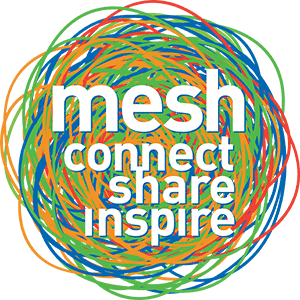
Anyone who cares about the future of media and journalism in a digital world knows the name Jeff Jarvis. Even those who disagree with him about what newspapers or other traditional media should do — and there are many who fall into that category — would likely admit that he cares deeply about the media industry, and he is fearless about the need to experiment and push the envelope online.
Jeff is also quick to spot a sea change in the way journalism functions — such as WikiLeaks, which he argues makes it even more obvious that journalists have to add value and not just distribute information: “Thanks to the internet, the marginal cost of sharing information today is zero,” he says. “So the value of the journalist in merely distributing information is nearing zero.”
In addition to doing the media keynote for mesh 2011, in which we will try to get him to tell us what his crystal ball shows for the future of media online, Jeff will also be taking part in a panel about the implications of WikiLeaks for journalism — along with Micah Sifry of TechPresident and the Personal Democracy Forum, and the former head of digital at The Guardian, Emily Bell, who is now the director of the Tow Center for Digital Journalism at Columbia University.
Along with being a media consultant and a widely-acclaimed public speaker on media topics, Jeff is also the author of the book What Would Google Do?, and of an upcoming book about privacy online called Public Parts. He is also an associate professor and director of the interactive journalism program and the New Business Models For News project at the City University of New York’s Graduate School of Journalism.
Jeff is also a consulting editor and a partner at Daylife, a news startup, writes a new media column for The Guardian and is host of its Media Talk USA podcast. Until 2005, he was president and creative director of Advance.net, the online arm of Advance Publications, and prior to that, he was creator and founding editor of Entertainment Weekly, Sunday editor and associate publisher of the New York Daily News, TV critic for TV Guide and People, a columnist on the San Francisco Examiner, assistant city editor and reporter for the Chicago Tribune and a reporter for Chicago Today.

 Sarah Abdurrahman, a producer for WNYC’s On the Media, discusses
Sarah Abdurrahman, a producer for WNYC’s On the Media, discusses  A digital activism polymath with a remarkably diverse background: published author, Harvard drop-out, researcher, vagabond, trainer, campaigner, and serial social entrepreneur.
A digital activism polymath with a remarkably diverse background: published author, Harvard drop-out, researcher, vagabond, trainer, campaigner, and serial social entrepreneur.